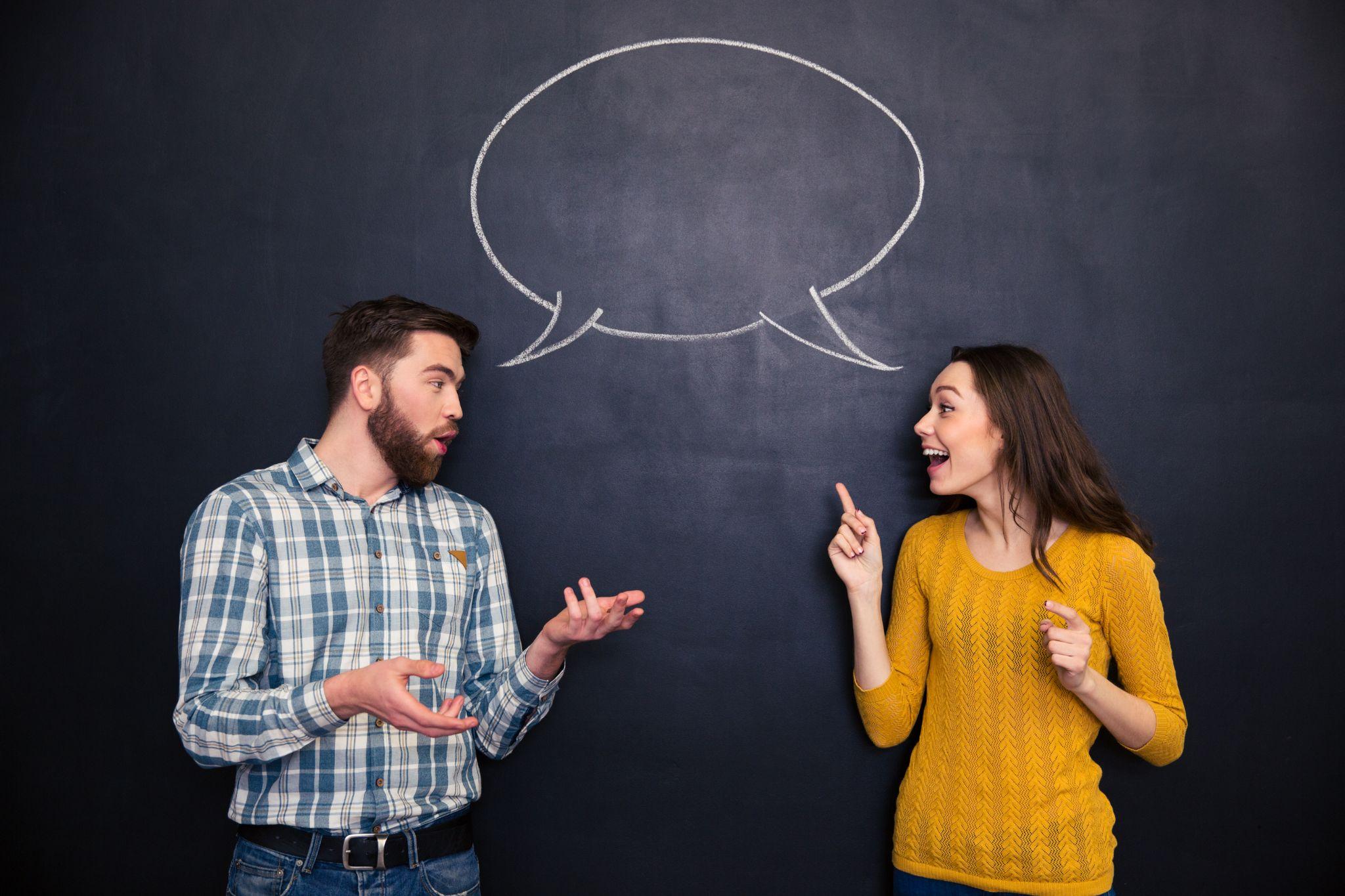Imagine effective communication as a bridge, uniting us and fostering understanding, trust, and collaboration in every facet of our lives. Whether in cherished relationships with loved ones or the camaraderie we enjoy with colleagues and acquaintances, clear and purposeful communication defines the depth of our connections.
Envision a world where every interaction is a chance to build trust, resolve conflicts, and nurture meaningful bonds. This is the transformative impact of effective communication—and it plays an active role in the recovery process.
Why Effective Communication Matters in Recovery
Mastering effective communication is not just about speaking or listening well—it’s about forging deeper connections with oneself and others. Here’s why developing effective communication skills is indispensable in addiction recovery:
Expressing emotions. Addiction can arise from hidden emotional pain or trauma. Empowering communication provides a haven for individuals to voice their feelings, fears, and struggles. By expressing these emotions, they embark on a healing journey, easing the burden of past traumas and lessening the risk of relapse.
Rebuilding trust. Trust serves as the foundation of strong relationships, but addiction can weaken it between individuals and their loved ones. Honest, open communication acts as the catalyst for restoring trust and healing damaged bonds. Through consistent transparency, individuals in recovery demonstrate their commitment to change.
Resolving conflict. Inevitably, conflicts arise in all relationships, but effective communication skills act as the guiding compass for resolving them peacefully and constructively. Throughout recovery, individuals may confront conflicts stemming from past behaviors, boundaries, or expectations. By asserting themselves, actively listening, and seeking compromises, they can navigate these challenges without turning to harmful behaviors or substances.
Building support networks. Recovery is a journey best traveled with companions by your side. Effective communication skills enable individuals to reach out to peers, mentors, support groups, and therapists—sources of encouragement, guidance, and accountability. By seeking support and openly sharing their experiences, individuals weave strong networks that empower them to stay sober and flourish in their recovery journey.
Improving self-awareness and reflection. Good communication begins with self-awareness—a deep understanding of one’s thoughts, feelings, and behaviors. Self-awareness is crucial for identifying triggers, coping mechanisms, and patterns of behavior that could lead to relapse. Through practices like mindfulness, journaling, positive self-talk, or therapy, one can nurture greater self-awareness and cultivate the ability to communicate needs and boundaries with compassion and clarity.
Practicing Effective Communication Skills in Recovery
Improving your communication skills may take a little bit of practice, but think of it as a necessary and rewarding part of a successful recovery. From practicing active listening to maintaining eye contact, learning effective communication skills will serve you long after you leave addiction treatment.
1. Active Listening
Active listening involves fully concentrating on and understanding what someone is saying, as well as remembering what they have said.
Engage in conversations where you summarize what the other person said before you respond. Practice active listening exercises with a trusted friend or member of your sober support network, where one speaks and the other listens, then switches roles.
2. Assertive Communication
Assertive communication is expressing your needs, desires, ideas, and feelings in a clear, direct, and respectful way.
Use “I” statements to express your feelings or needs without blaming or criticizing others. Practice scenarios with a therapist or in a support group to build up your assertiveness in a safe environment.
3. Empathy
Empathy is the ability to understand and share the feelings of another, seeing things from their perspective.
Try to genuinely understand someone else’s point of view without immediately offering advice or solutions. Share your reflections on their feelings to confirm your understanding.

4. Pause and Reflect
This involves the practice of taking a moment to process feedback without immediately reacting, allowing for a thoughtful consideration of the information received, and preventing defensive responses.
When receiving feedback, take a deep breath and count to five before responding. This pause gives you a moment to consider the feedback objectively and formulate a constructive response. Practice active listening during the feedback to fully understand the perspective being shared.
5. Vulnerability
Vulnerability is the willingness to show your true self, including your feelings, challenges, and uncertainties, without fear of judgment. It’s about being open and honest, which can deepen connections and foster trust.
Start by sharing small, personal experiences or feelings with someone you trust and observe the outcome. Gradually increase the depth of what you share as your comfort level grows. Reflect on these experiences to understand the impact of vulnerability on your relationships and self-perception.
6. Nonverbal Communication
Nonverbal communication involves conveying messages and emotions through the tone of your voice, facial expressions, and body language, which are essential for reinforcing or contradicting verbal messages.
While this may feel awkward at first, try practicing in front of a mirror to become more aware of your own nonverbal signals and adjust them to ensure they align with what you are saying. Seek feedback from friends or family on your nonverbal communication, and observe the nonverbal cues of others to understand their impact on interactions.
Get Started With Lumina Recovery Today
If you’re finding it tough to express yourself effectively, rest assured, you’re not alone on your journey.
At Lumina Recovery, we offer a range of programs to help you enhance your communication skills, including cognitive behavioral therapy (CBT), which targets underlying beliefs that may be impacting your communication. By replacing negative beliefs with healthier ones, we empower you to foster better connections.
Ready to embark on the path to sobriety and improved communication? Don’t hesitate to contact our team today for more information and support.



